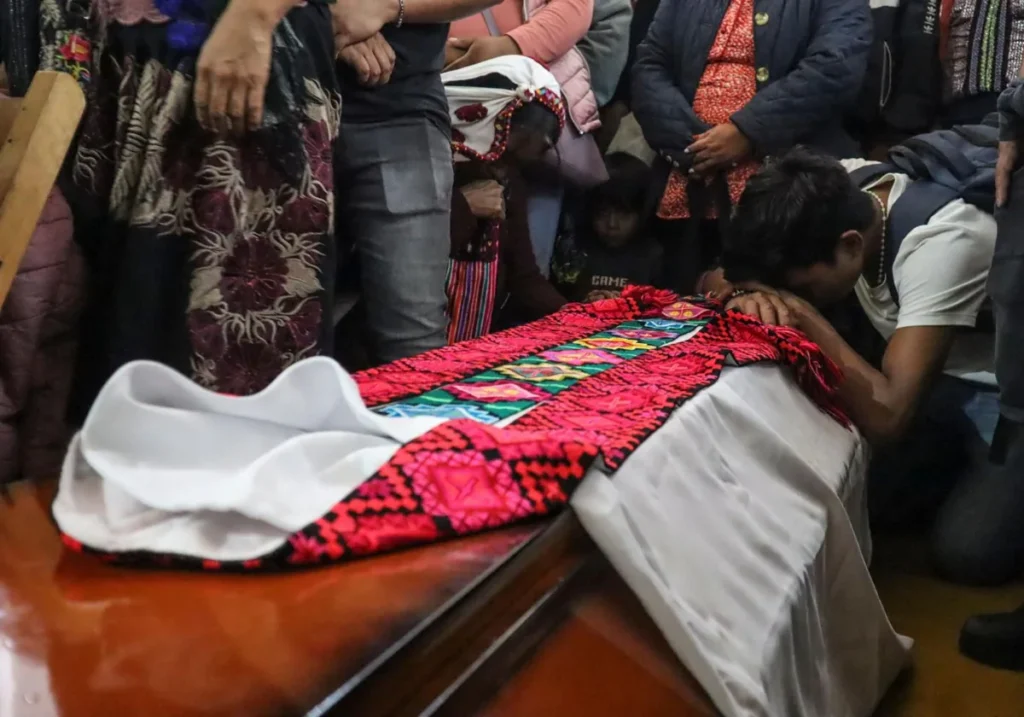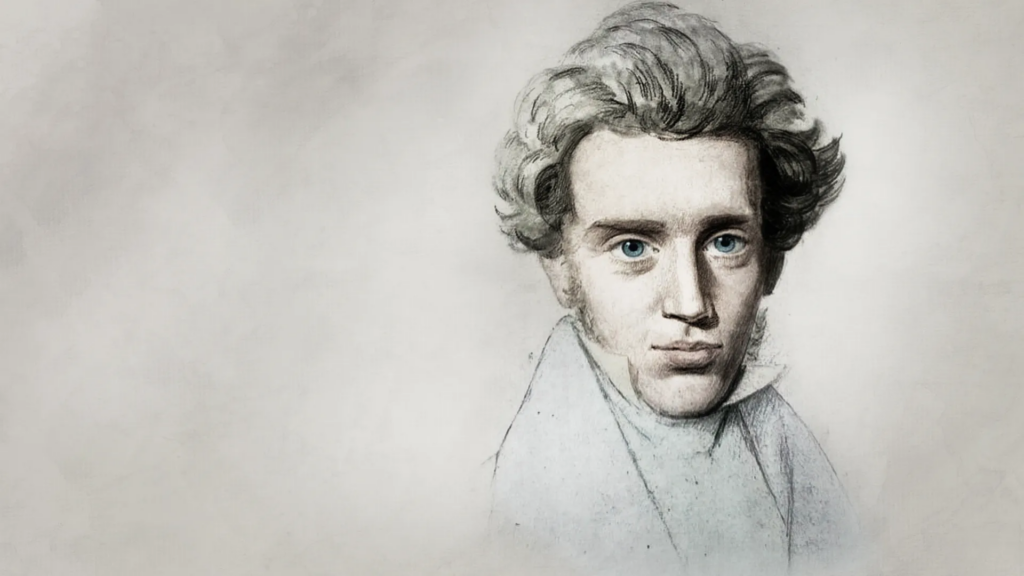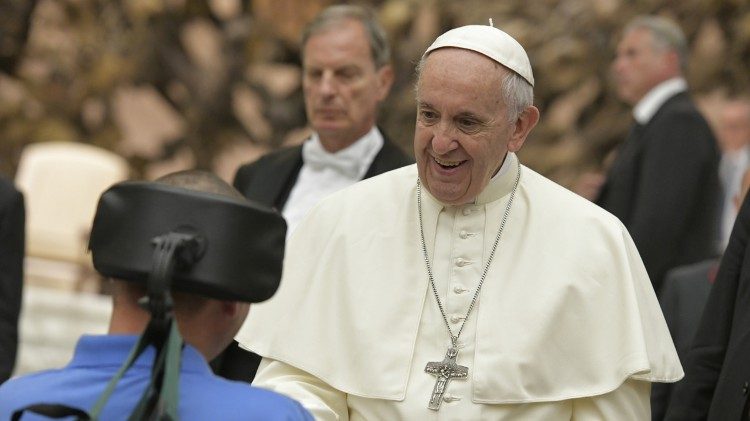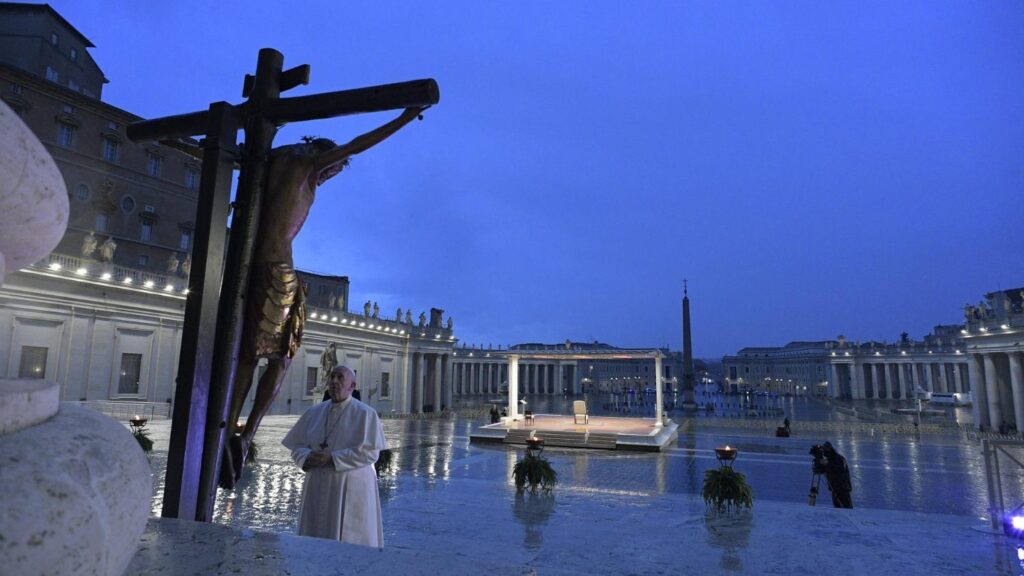Cardinal Arizmendi: Murdered Indigenous Priest
A life dedicated to the service of his people: Father Marcelo Pérez and his tragic end

Cardinal Felipe Arizmendi, bishop emeritus of San Cristóbal de Las Casas and responsible for the Doctrine of Faith in the Mexican Episcopal Conference (CEM), offers readers of Exaudi his weekly article.
***
LOOK
Last Sunday, after finishing celebrating Mass in the Cuxtitali neighborhood, in the city of San Cristóbal de las Casas, Chiapas, and while he was preparing to go to his parish in Guadalupe, two individuals on motorcycles murdered the indigenous priest Marcelo Pérez Pérez, with several shots that left him dead immediately. To date, there is no information on the material and intellectual authors. I think this has nothing to do with the cartels that are fighting each other for control of the territory in other parts of Chiapas, which make huge profits by extorting the population and especially the migrants who pass through there. The murder of Father Marcelo is probably due to internal struggles for political and economic power in an indigenous municipality, a situation that the priest tried to resolve by peace, so that everyone would respect each other as brothers; but perhaps the owners of that local power saw him as a threat to their claims to dominance. This should be clarified by the corresponding authorities. He was always a man of peace, without economic or other interests.
Father Marcelo was a priest of the Tsotsil ethnic group. He was the first indigenous priest that I ordained, in April 2002, with liturgical rites proper to the culture in accordance with the norms of the Church. He was a man of prayer and social commitment, both things. He was not a mere social activist, nor a political leader, but a pastor of his people: very focused on the Word of God, on the Magisterium of the Church, and therefore very committed to the struggle for peace, justice and fraternity among indigenous peoples. In the Eucharist he found strength to face dangers, threats and misunderstandings. He never allied himself with political parties, or with the powerful of this world, nor did he handle large amounts of money, but rather his concern was to be close to the people, close to the oppressed and despised, to dialogue with authorities at all levels, always to seek peace, justice and reconciliation. We hope that his death will be the seed for many others, indigenous and mestizo, to continue fighting for truth and life, for holiness and grace, for justice, love and peace, which are the values that Jesus Christ wants for humanity.
He never renounced his indigenous origins and his own culture, and he was open to other ways of life and thought. It is an example for many who are ashamed of being indigenous. Unfortunately, there are priests, seminarians and nuns who deny their original culture, as if it were a burden they wanted to get rid of. This is partly explained by the persistent racism in society, but they are a national treasure, which we should not give up.
DISCERN
There are those who say that priests should not get involved in these things; but the Second Vatican Council, in its Decree on the Life and Ministry of Priests, already said clearly: “If it is true that priests are responsible to all, in a particular way, nevertheless, the poor and the weakest are entrusted to them, with whom the Lord himself shows himself united (cf. Mt 25:34-45), and whose evangelization is given as a sign of the messianic work” (PO 6; cf. Lk 4:18). “Priestly preaching should not be a general and abstract expounding of the word, but should apply the perennial truth of the Gospel to the concrete circumstances of life” (PO 4).
In his Constitution on The Church in the World, he says: “The proper mission which Christ entrusted to his Church is not of a political, economic or social order. The end which he assigned to her is of a religious order. But precisely from this religious mission flow functions, lights and energies which can serve to establish and consolidate the human community according to divine law” (GS 42).
The Latin American bishops said in the Puebla Document of 1979: “Those who receive the hierarchical ministry are constituted, according to their functions, as shepherds in the Church. Like the Good Shepherd, they go before the sheep; they give their lives for them, so that they may have life and have it in abundance; they know them and are known by them. Going before the sheep means being attentive to the paths along which the faithful travel, so that, united by the spirit, they bear witness to the life, suffering, death and Resurrection of Jesus Christ, who, poor among the poor, announced that we are all children of the same Father and therefore brothers. Giving one’s life marks the measure of the hierarchical ministry and is the proof of the greatest love. Knowing the sheep and being known by them is not limited to knowing the needs of the faithful. Knowing is involving one’s own being, loving as one who came, not to be served, but to serve” (DP 681-684).
“Our mission to bring God to men and men to God also involves building a more fraternal society among them. This social situation has not ceased to bring about tensions within the Church itself; tensions produced by groups that either emphasize the spiritual aspect of the mission, resenting the work of social promotion, or else want to convert the mission of the Church into a mere work of human promotion” (DP 90).
The priest, “as a pastor who is committed to the integral liberation of the poor and oppressed, always acts according to evangelical criteria. He believes in the power of the Spirit so as not to fall into the temptation of becoming a political leader, a social leader or an official of a temporal power; this will prevent him from being a sign and factor of unity and fraternity” (DP 696).
However, “the priest is a man of God. He can only be a prophet to the extent that he has had the experience of the living God. Only this experience will make him the bearer of a powerful word to transform the personal and social life of men, in accordance with the Father’s plan” (DP 693).
ACT
The murder of Father Marcelo is another sign of the social decomposition of our country, due to the exacerbated violence, the impunity for so many crimes, the freedom of action that organized crime has. Let us do what we have to do, so that there is peace and justice among us.
Related

His Hope Does Not Die!
Mario J. Paredes
24 April, 2025
6 min

The Religious Writer with a Fighting Heart
Francisco Bobadilla
24 April, 2025
4 min

Francis. The Human and Religious Imprint of a Papacy
Isabel Orellana
24 April, 2025
5 min

Cardinal Felipe Arizmendi: With the Risen Christ, There Is Hope
Felipe Arizmendi
24 April, 2025
6 min
 (EN)
(EN)
 (ES)
(ES)
 (IT)
(IT)

